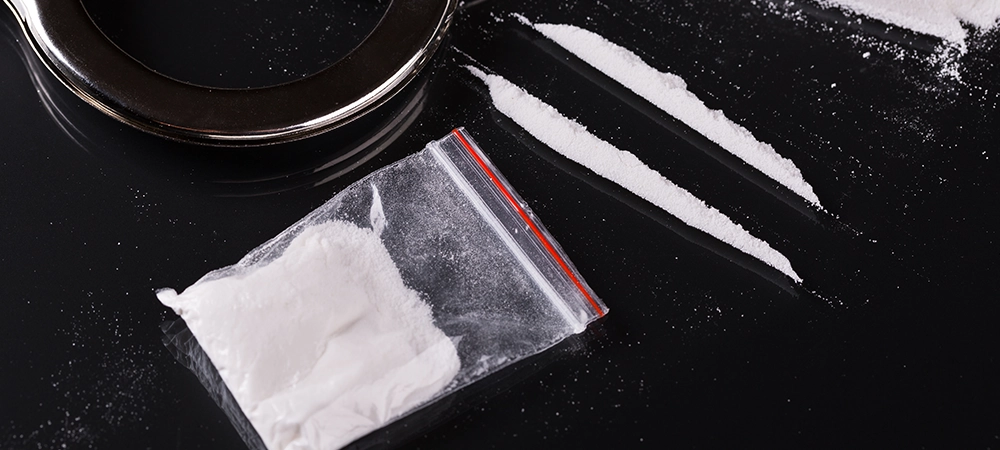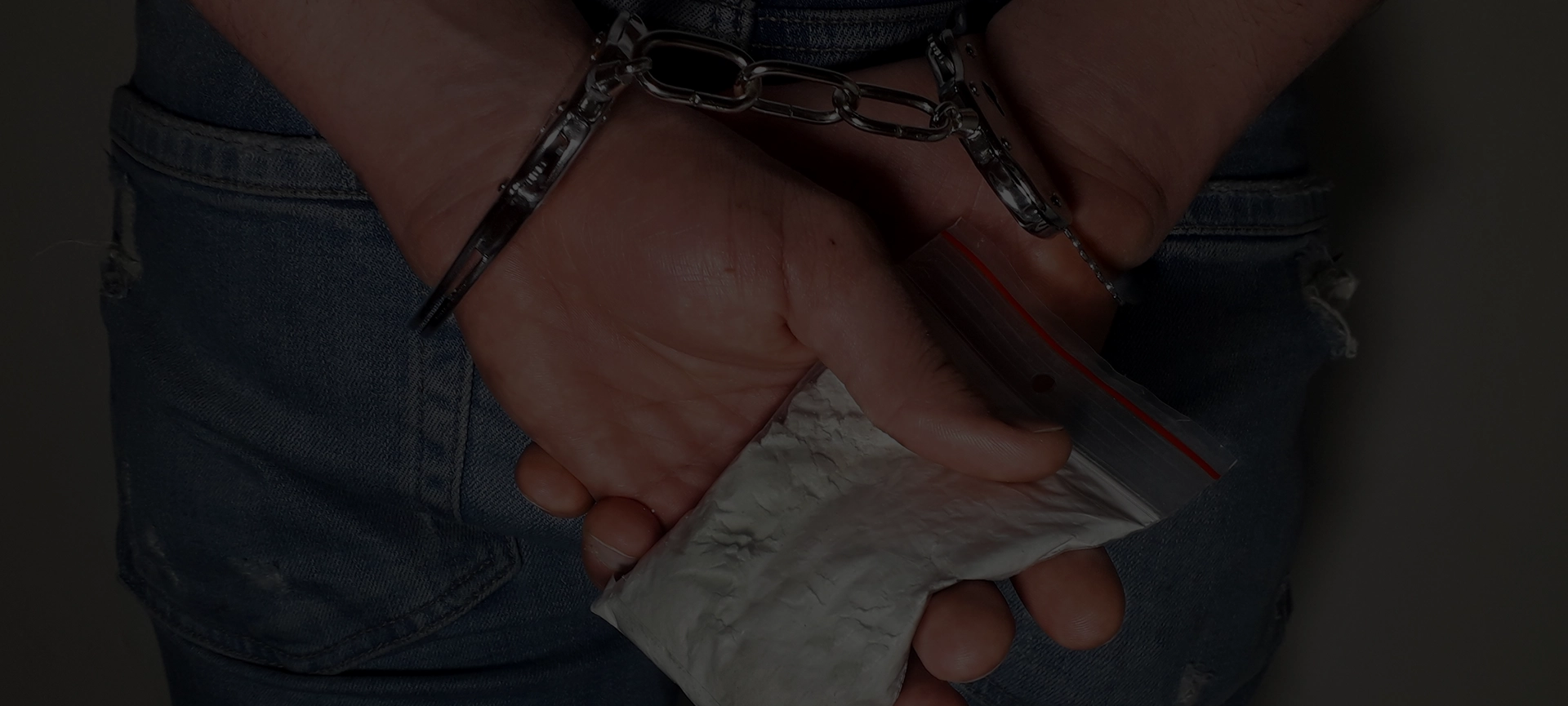All types of drug offences are punishable by law in Canada. However, not all carry the same ramifications. If you’re facing drug charges, then it’s good to know the legal implications and what your next steps should be.
Here we’ll learn what are the common drug charges in Canada, what are their legal implications, and what other factors might affect them. By the end, you should have much more clarity about what will happen next.
Common Types of Drug Offences in Canada
The Controlled Drugs and Substances Act (CDSA) in Canada distinguishes four major types of drug-related offences. These are:
Possession – Governed by section 4 of CDSA, which implies that it must be proven that the person had knowledge and control over the drug in their possession.
Trafficking – Governed by section 5, which outlines the difference between possession for trafficking or trafficking itself, including transporting, selling, handing over and delivering drugs.
Production – Governed by section 7, which describes it as the deed of cultivating, harvesting manufacturing, or synthesizing an illegal substance.
Export-import – Governed by section 6, which defines it as transporting illegal drugs in and out of the country. This includes both carrying personally and asking someone else to carry it for you across the border.
Besides their accompanying punishment, the CDSA act also outlines which of the drugs these apply to, in other words, which are illegal.

What are the Different Implications of Drug Offences?
All illegal substance charges are treated as a serious crime under the Canadian law. Based on the Controlled Drugs and Substances Act, the legal implications of drug offences vary depending on the actual offence, type of drug and whether the accusation will result in an indictment or become summary charges.
Likewise, the court maintains the right to impose a sentence ranging from the minimum to the maximum retributions outlined in the CDSA act. Once arrested, it’s important to speak to a lawyer right away as what you say can have a significant impact on the case.
Possession Charges
For possession of Schedule I, II, and III illegal substances, the penalty after a summary conviction is a fine of up to $1000, imprisonment for up to six months, or both. This applies to the first offence.
If charged with any subsequent possession offence, both the prison term and the fine increase. If the conviction happens after an indictment, the penalty is three to seven years of imprisonment, depending on the type of illegal substance.
Trafficking Charges
For trafficking Schedule I and II drugs, the minimum penalty depends on the specific circumstances, while the maximum is life in prison. If a person is charged with another violent offence besides trafficking, they’re facing a minimum of one year imprisonment.
For Schedule III and V drugs, this goes up to 18 months. The maximum sentence for the same substances can be up to 10 years, especially if the sentence is handed over after an indictment.
Trafficking Schedule IV drugs carries a lesser penalty of up to 12 months if imprisonment in summary sentence or up to three years if the Crown sentences by indictment.
Production Charges
For the production of Schedule I and II drugs, the sentence starts at two years of imprisonment and goes all the way up to life in prison.
For the production of Schedule III, IV, and V drugs, there is no minimum required punishment, and the sentences will vary based on whether the verdict is handed over summarily or by indictment.
Importing and Exporting Charges
For the export/import of Schedule I and II drugs, the minimum penalty is handed over based on the factors defined in the CDSA. The maximum is life imprisonment.
There is no minimum penalty for exporting/importing illegal substances in the other Schedules, and the maximum depends on whether the charges are brought on by indictment or summarily.
Situations That Can Result in Drug Offence Charges
There are many situations that may mean you need to face a trial for drug offenses. The most common drug offence charge in Canada is drug trafficking. The culprits are typically caught by the police witnessing the trafficking activity, just like in the case of smuggling (exporting or importing) illegal substances across the border.
Another common situation is a person borrowing someone else’s vehicle or personal possessions and then being stopped by police, who, upon examination of the car or belongings, discover drugs inside of it.
In this case, the officers can only charge the “carrier” if they can demonstrate that they have knowledge of the drugs. Likewise, if you’re living in a household with several other people, and drugs are found in the home, you can only be charged if it’s shown you had knowledge or control of the substances in the house, and you have consented to their use as well.
An unusual illegal substance charge is handed to those who are selling products that aren’t illegal or drugs, but they’re pretending that what they’re selling are illegal substances. In these cases, the charges apply because the individuals claimed that they were selling or trafficking drugs.

Final Thoughts
All four types of common drug offences listed above are treated seriously under Canadian law. Their implications can vary from several months in prison to life imprisonment, depending on the type of charge and drug in question.
The circumstances will also play a role as the charges must be proven, especially if they stem from seemingly innocent situations or complicated circumstances which involve other crimes. This is why choosing a great criminal defense lawyer can make all the difference.
As you can see, there are a whole range of factors that go into how drug offenses are treated and therefore it’s important to get expert help. If you’re looking for legal representation, then contact AGP LLP today to see how we can help.





